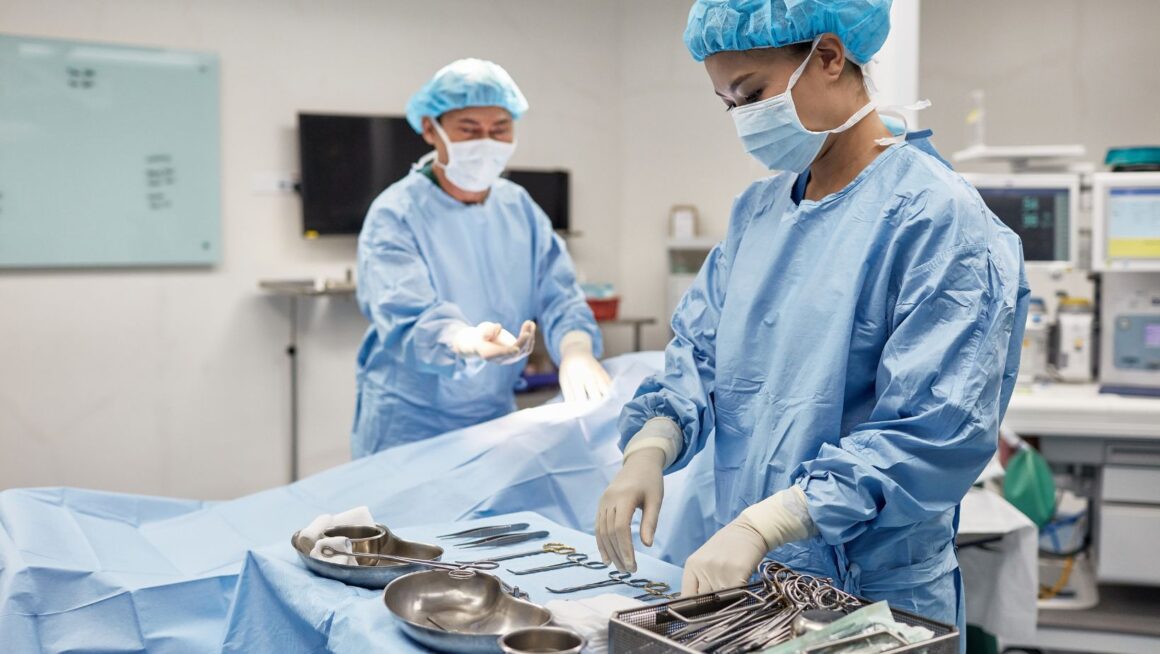According to the Johns Hopkins study, surgeons performing the wrong surgery or operating on the wrong patient happen about 20 times per week, and operating on the wrong body part happens about 20 times every week.
A shocking report from Forbes shows that medical errors cause 251,000 fatalities annually, which accounts for 9.5% of all deaths in the U.S. Denver medical malpractice attorney Tim Galluzzi says that if you find yourself in this situation, do not hesitate to take immediate action.
You need to gather all important information and evidence to support your case. Trying to resolve the situation will not be easy but you have the right to employ an attorney who will guide you through the legal process.
Here are the following steps to take to guarantee adequate compensation for your suffering.
Seeking a Second Opinion
Is it possible that a second opinion could shed some light on the situation following a surgical error? Second opinion is necessary to explore the options available after a surgical negligence.

It is typical to experience feelings of being overwhelmed and puzzled when confronted with a surgical mistake. As stated at https://www.gotaxelrod.com, consulting with another knowledgeable medical professional can help you in making well-informed decisions regarding the next measures to take.
Documenting the Error
If you have experienced medical malpractice, it’s important to document the specifics of the error accurately and thoroughly. Write down what happened, when, and any symptoms or troubles you’re having. List the names of the surgeon, nurses, and other medical staff present during the surgery. Keep any medical records, test findings, and healthcare professional correspondence about the error.
Photograph any visible signs of the error, such as incisions, wounds, or medical devices left inside the body. Include dates on the photos for reference. Gather witness statements from anyone who was present before, during, or after the surgery. These statements can provide additional support for your case if needed.
Communicating With the Surgeon
Open communication with the surgeon is essential to fixing the surgical mistake. Respectfully discuss what went wrong with your surgeon. Express your worries and ask what transpired during the operation. Ask the surgeon to explain the error, its effects, and possible solutions.
Understanding Legal Options
Learn about the legal ramifications of a surgical error to understand the alternative legal options present after a surgical error. Enlisting the help of an experienced medical malpractice attorney is one alternative. These attorneys can evaluate your case, determine malpractice, and advise you on next steps.

In legal terms, a surgical error may constitute medical malpractice if it deviates from the accepted standard of care and causes harm. By seeking legal advice, you can better understand your rights and options for seeking compensation for damages such as medical bills, lost wages, pain and suffering, and future medical care needs.
Seeking Support and Counseling
Looking for support and counseling following a surgical negligence incident can help you cope with the emotional toll of such an experience. Talking to a counselor or therapist can help you process the sudden burst of varying emotions, such as anger, confusion, or sadness, that is normally felt after a surgical error.
A professional counselor can provide you with a safe space to express your emotions and fears, offering guidance on how to go through this challenging time. Another thing that you can do is to reach out to support groups for individuals who’ve undergone similar experiences. These groups connect you with others who understand what you’re going through which provides a sense of community and validation.
Conclusion
If a surgeon makes a mistake during your operation, always keep in mind that you have rights and resources available to help you face this difficult situation. Take immediate action and advocate for your well-being.



